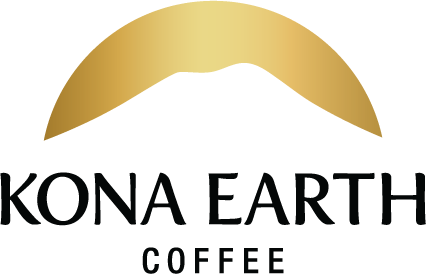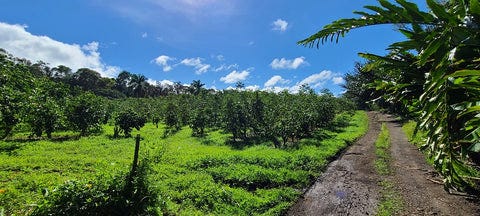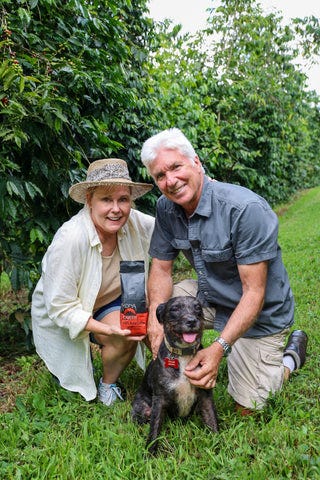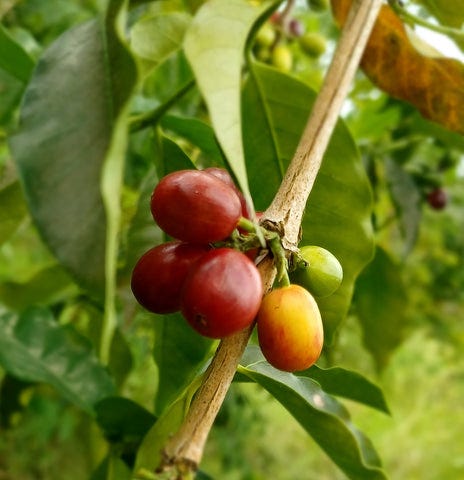Family farms are an essential aspect of Kona coffee farming. Many are small operations, less than five acres or so. Of course, there are also large farms that encompass hundreds of acres. But all of these farmers have one thing in common: they produce some of the finest coffee in the world. And many are family-run.
Family farms have been producing Kona coffee for generations. In fact, Kona coffee was first grown on the Big Island of Hawaii in the early 1800s by the family of Chief Boki, the governor of Oahu. Since then, the tradition has been passed down from generation to generation.
Kona Earth is an example of a family-run Kona coffee farm. It is run by ahusband and wife team, Steve and Joanie Wynn. The farm is situated at 2200 feet on the slopes of Hualalai, one of the active volcanoes on the Big Island. This location is ideal for growing Kona coffee, with plenty of rich volcanic soil and a microclimate that is sunny and warm most mornings, with cooler afternoons and mauka (mountain) showers offering plenty of moisture. These optimal conditions allow the farm’s Kona Typica trees to flourish.
Like all family farms, Kona Earth puts a lot of heart and soul into its Kona coffee. The cherry is carefully hand-pick, ensuring only the ripest coffee cherries are harvested for processing. The coffee cherries are then pulped, which removes the skin and fruit from the bean. After the coffee beans are sorted and pulped, they are laid out on a large drying deck to dry in the sun and air. Once they are dried, the coffee beans are hulled to remove the parchment layer that protects the bean. The final step is to sort and grade the coffee beans. It's a lot of work but, as they say, it's a labor of love.
Small family farms produce a coffee that is uniquely their own. Kona Earth owners Steve and Joanie Wynn take an artisanal approach to Kona coffee production. They nurture their single-estate, 100% Kona coffee from crop to cup and take great care to ensure quality at every stage of the process. Green coffee is stored in a temperature-controlled and humidity-controlled room. When orders come in via their e-commerce store, they micro-roast each batch and then ship directly from the farm for supreme freshness.
Each farm has its own special way of doing things, based on its unique characteristics and its owners’ experience. For example, a high-elevation farm, like Kona Earth harvests later in the season. With the cooler temperatures, the fruit matures slowly, leading to beans of remarkable size and quality.
Smaller family operations like Kona Earth may not produce the quantity of larger, commercial farms but they more than make up for it in quality. When you buy Kona coffee from a small, family farm, you can be confident that you are getting a product that has been hand-crafted with care and attention to detail. You are also supporting the local economy and keeping alive the tradition of small family farms in Hawaii.
If you’ve never tried Kona coffee, you owe it to yourself to find a family farm that produces it. You’ll be glad you did!





